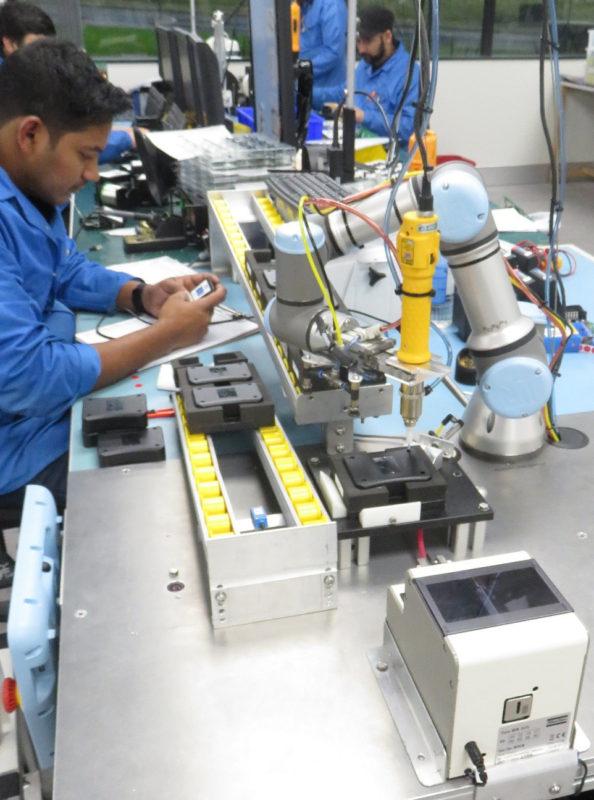Focus on New Zealand brands needed in face of trade uncertainty
Uncertainty over Brexit means New Zealand needs to urgently focus on developing brands and differentiating our agricultural exports.
 However, the recently announced TPP agreement – which is to be signed on 1 March – offers potential for enhancing our markets.
However, the recently announced TPP agreement – which is to be signed on 1 March – offers potential for enhancing our markets.
Senior lecturer in Agribusiness Management, Dr Nic Lees, said New Zealand produces some of the best fruit, wine, meat, seafood and dairy products in the world but around 70 per cent reaches the consumer with no identification that is sourced from here.
“Sudden changes such as Brexit remind us that relying on undifferentiated commodity exports leaves us vulnerable to sudden changes in government policies,” Dr Lees said.
“When consumers demand a branded product, it is difficult for governments to shut it out of the market.”
Forty-four years ago, Britain joined the European Common Market. At the time Britain took approximately 90 per cent of our butter, 75 per cent of our cheese and about 80 per cent of our lamb exports. Britain had to adopt the European “common agricultural policy” which imposed tariffs and quotas on non-European agricultural imports
This meant New Zealand was effectively shut out of our largest agricultural export market. At the time, most of these products were being exported as commodities, frozen lamb carcasses and blocks of cheese. The only branded product was Anchor butter.
For the next thirty years the New Zealand economy suffered as we searched for new markets and attempted to develop alternative industries. China has replaced Britain as our largest market. However, 70-80 per cent of our food exports are still sold as commodity products.
“We need to develop differentiated and branded products that consumers demand,” he said.
“We can learn a lesson from Anchor butter, as it is a brand that is still strong in the British market.”
However, he said, New Zealand has never been good at marketing our food products.
“Despite our reliance on food exports, Lincoln University provides the only specialist food marketing degree in New Zealand. The Bachelor of Agribusiness and Food Marketing was developed due to a call from industry for graduates who understand the specialised nature of producing and marketing our food products.
“It is an integrated degree covering agribusiness management, food science, supply chain management and food marketing. This provides students with a unique set of skills specifically focused on preparing them for marketing the unique features of New Zealand food products.”
He said Zespri kiwifruit and New Zealand wine have led the way in developing strong brands that consumers demand.
“Unfortunately, most other industries still focus primarily on commodity trading.”
The development of synthetic alternatives to meat and milk also calls for stronger branding.
“Developing a culture of marketing and meeting consumer demands for natural health foods provides New Zealand with a way to capture more value from our exports.
“To do this we need graduates going into the industry with an understanding of the whole value chain and who are passionate about positioning New Zealand food as a premium product branded and targeted at specific consumers.,” Dr Lees said.



